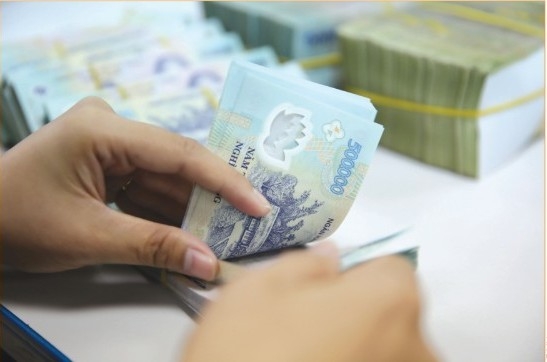An economy in which total outstanding credit increasingly exceeds the total value of goods and services annually produced implies that the debt burden on households and businesses is growing. As pressure from interest payments and loan obligations mounts, these economic entities are forced to cut back on consumption and investment. Their capacity to access credit becomes more limited, inevitably affecting key drivers of economic growth. What are the risks? As of the end of 2024, Vietnam’s credit-to-GDP ratio stood at 134%, with total outstanding credit amounting to VND15,600 trillion. This ratio has been on a steady upward trend in recent years, as credit growth has typically outpaced GDP growth by a factor of two. The World Bank has warned that this level is high, while analysts have noted that further increases could pose risks to the banking system and have broader economic repercussions. If credit inflows continue to surge without being effectively absorbed by the production sector, they are likely to flow into investment channels such as stocks or real estate. This could inflate asset prices well beyond their real value, raising the risk of asset bubbles. Should interest rates reverse course and begin to rise, these investment channels would […]
Credit-to-GDP ratio hits worrying high
By Trieu Minh









